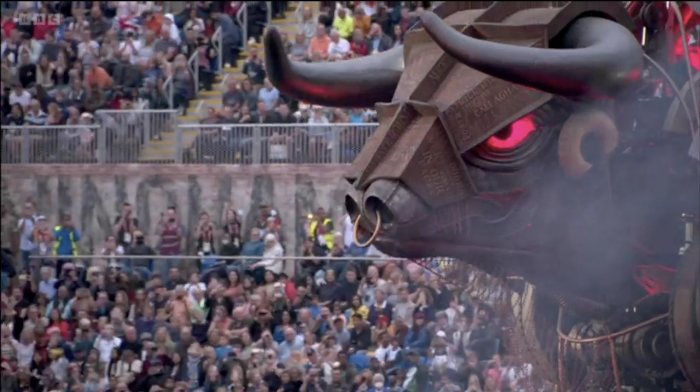I don’t know why I’m uncomfortable admitting any of this, but I am and yet I’m going to tell you anyway. Maybe it would help me if you keep in mind that this was thirty years ago and that like most people working for the BBC, I was less than well off at the time.
So far, so common, but while there was a long time when I lived in London, for a longer patch I was living in Birmingham and commuting. I’d go once or twice a week to London, I’d stay overnight there. Also keep in mind that the job meant working until about 11pm at BBC Ceefax and BBC News Online, then from 9am the next morning at Radio Times and BBC Worldwide.
I think you’re seeing where this is going. Or perhaps where it is staying.
There were hotels, although I’d get there around midnight having started out about 4am or 5am, so it was a case of two or three blinks before I’d have to get up again for work. London hotels are expensive, but they seem ever more so when you are in them for only a fraction longer than it takes to boil a kettle.
There was a BBC hotel, incidentally. The BBC World Service used to maintain a house where staff visiting London could stay. It was cheaper than paying for accommodation for producers and other staff from around the world, but there are fewer headlines to be made about fiscal responsibility than there are about private hotels, so it was closed down.
I can’t remember when it ended, but I do recall that at least a dozen times in the 1990s I would stay there. I’ve barely ever worked for the World Service but if there were a spare room, I definitely could book it at a greatly subsidised rate, I definitely was eligible because of being on staff at the BBC. Definitely. Sometimes it would take a bit of work persuading the reception desk security guard that this was true, which led to some wearily heart-stopping moments.
But wearily heart-stopping moments that were cheap. I can’t remember how cheap, I just remember what it felt like climbing seven flights of stairs at around midnight after a 4am start. It felt like bliss. Picture the cheapest place you’ve ever stayed and then downgrade it a few steps, except in cleanliness. The BBC’s hotel, and I just wish I could remember its name, was clean and bright and cheap and if the building creaked, I slept there too well to notice.
Even if the timings meant I’d turn on the room’s TV set and have to go back to work before the screen lit up.
And then there were the times that this hotel was full.
Or things were even tighter.
Then it’s time I started suggesting to you that this is enough, that I’ve shared enough.
Except, okay, there were many nights when I did absolutely and completely definitely stay at the BBC’s hotel, it’s just that the BBC didn’t know about it — and it was less a hotel, more BBC Television Centre. Or BBC Woodlands, where Radio Times and BBC Worldwide used to be based. Or BBC White City where BBC News Online was.
I remember working late at Woodlands, to sometime around 2am, and meeting one of the cleaners. It wasn’t as if she were a doctor in another country and now worked three cleaning jobs in London to support her family, but it was damn close. I can see me there, eyes like pinpricks I’m so tired, listening to this woman who is surely always infinitely more exhausted than I am.
I think that’s the night I found that there was a massage table in another office and that it was pretty good, if very narrow. Not sure why I didn’t use that more often. Conceivably I fell off.
If it were BBC News Online where I’d do all of this, then there was a particular server room I would go into. Grab some cushions off the office couch, line them up on the floor, and get into that room and lock the door before 10:45pm or you’d be caught by the security patrol. With dog.
Just once, I did get caught. Not in Woodlands or White City, but in BBC Television Centre.
There your best option was to find a disabled toilet — because those were much bigger, you could lie down — and probably on the fifth or sixth floors because the fewest people worked there late. Certainly it was the best option for when you would need the loo. Also TVC had a place called the Filling Station, where you could get food remarkably late into the evening.
Anyway, one night I was caught and I remember being escorted out of TVC by security, still half asleep. I’m guessing it was around 5am because I know I spent the rest of the night sleeping sitting up on the Circle Line, just going around and around until it was time to go to work.
As I say, I’m uncomfortable telling you this but actually its discomfort that has brought it all back. This week I’ve been so worn out from COVID that there have been moments I’ll grab ten minutes sleep on the couch and wake up sore and stiff. And for just one moment, I’d be back on the couch cushions at BBC White City, wondering if the canteen was open for breakfast yet.

